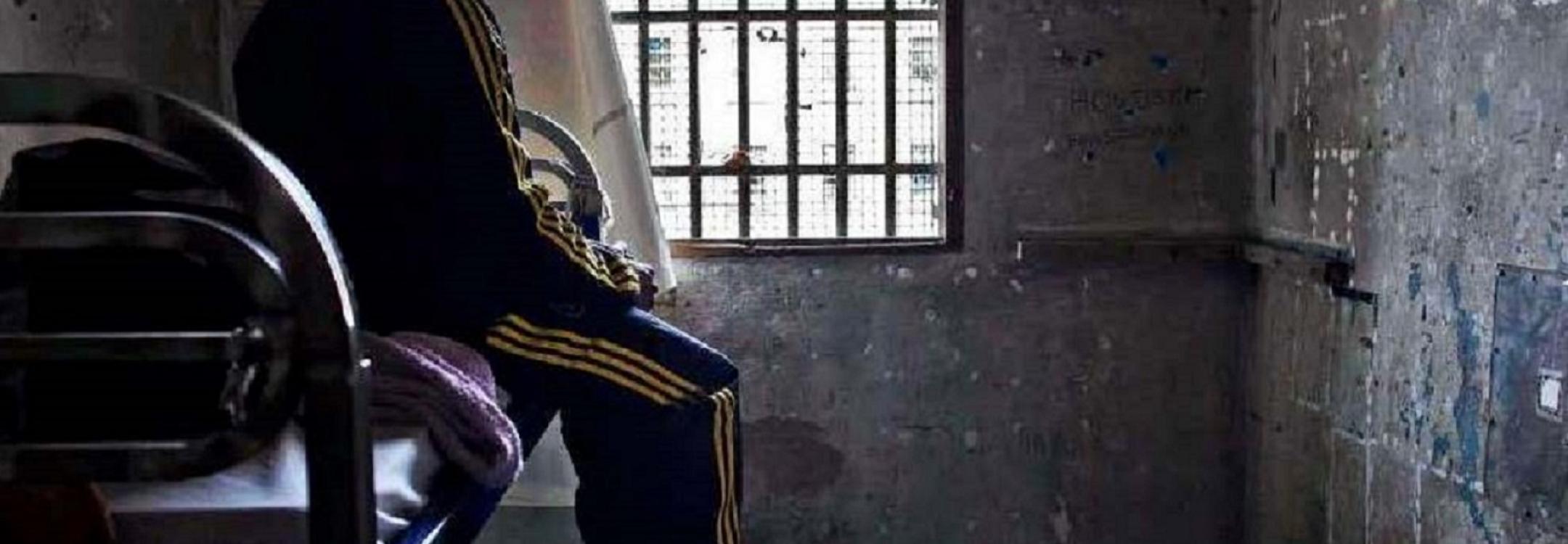
On 30-31 May 2017, the APT together with Rwanda Legal Aid Forum (LAF) conducted a training for Rwandan civil society organisations (CSOs) on the Optional Protocol to the Convention against Torture (OPCAT), ratified by the State in June 2015. The event, which gathered around 30 participants from key Rwandan CSOs, aimed at strengthening their knowledge of the OPCAT’s preventive system and discussing how they can contribute to its effective implementation.
The training provided CSOs with various tools and approaches both to monitor and support the implementation of measures on the prohibition and prevention of torture (including documentation, basic research and report-writing skills), and to strengthen their engagement at the national, regional and international levels (with the African Commission and UN Treaty Bodies).
The workshop was also an opportunity for Rwanda’s Ministry of Justice and National Commission of Human Rights (NCHR) to inform CSOs on the latest progress of the NPM law drafting process.
In accordance with the terms of the OPCAT, States parties should establish a national preventive mechanism (NPM) within one year of ratifying. Rwanda made substantial progress towards this end, with the Ministry of Justice and the NCHR organising a series of consultations on the OPCAT implementation in the country.
The APT has been supporting these national efforts in order to assist the implementation of the OPCAT in Rwanda. In September 2016, the APT facilitated a stakeholders’ consultation during which the NCHR was chosen to carry out the future NPM mandate, and a roadmap for the designation of the NPM members was defined. Since then, an NPM bill has been drafted with APT input.
APT also made the most of its visit to Rwanda to hold fruitful meetings with both the Ministry of Justice and the NCHR to discuss the NPM bill provisions, a key moment to ensure the legislation’s compliance with the OPCAT requirements.
To learn more about torture prevention in Rwanda, please click here


